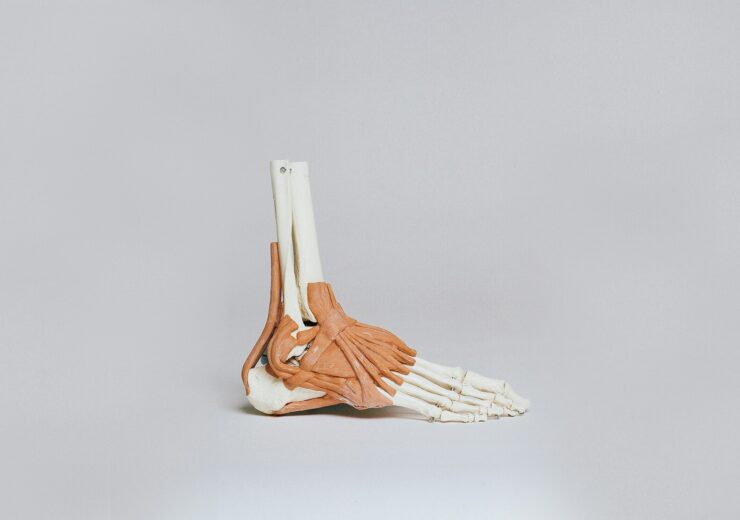Zynrelef is a dual-acting local anaesthetic, created to provide a fixed-dose combination of the local anaesthetic bupivacaine and a low dose of nonsteroidal anti-inflammatory drug meloxicam

The US FDA has expanded indication for Zynrelef. (Credit: Nino Liverani on Unsplash)
The US Food and Drug Administration (FDA) has approved the supplemental new drug application (sNDA) of Heron Therapeutics for an expanded indication of Zynrelef (bupivacaine and meloxicam) to include certain soft tissue and orthopaedic surgical procedures.
Zynrelef is a dual-acting local anaesthetic, created to provide a fixed-dose combination of the local anaesthetic bupivacaine and a low dose of nonsteroidal anti-inflammatory drug meloxicam.
The US regulator has approved Zynrelef’s extended-release solution to include procedures in which direct exposure to articular cartilage is avoided.
Previously, it was approved for foot and ankle, small-to-medium open abdominal, and lower extremity total joint arthroplasty surgical procedures in adults.
Heron CEO Craig Collard said: “The expanded indication is poised to have a transformative impact on patient care, providing healthcare professionals with a versatile and effective solution for managing postoperative pain across an even wider range of surgical procedures.
“The new label expansion and recent partnership with CrossLink, combined with the potential approval of the Vial Access Needle (VAN) later this year, are expected to have a significant positive impact for Zynrelef and the company.”
Heron completed trials for total shoulder arthroplasty, augmentation mammoplasty, spine surgery, and caesarean sections to acquire this labelling expansion.
The new clinical trials did not reveal any safety concerns, and the blood concentrations of meloxicam and bupivacaine after Zynrelef treatment were consistent with prior observations.
Zynrelef is claimed to be the only medication for managing pain after surgery that has undergone extensive testing in Phase 3 trials.
According to the company, the drug is proven to be more effective than the bupivacaine solution, which is the current standard of care.
The fixed-dose combination outperformed bupivacaine in terms of pain scores, the number of patients having severe pain, and the number of opioids used.
The US FDA first approved the therapy in May 2021, and then in December 2021, the first supplemental NDA with an expanded label was approved.
